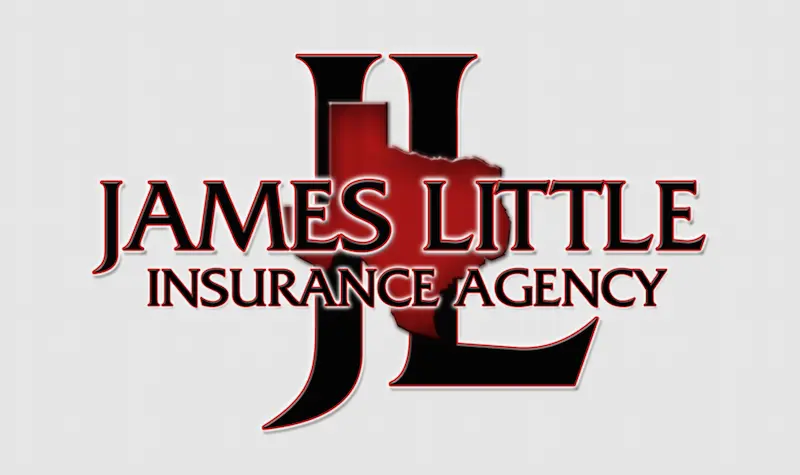Looking for a better Renters Insurance Policy in Fort Worth?
You have a lot of things that are important to you – from your clothes and furniture to your sound system, sports gear, and computer. And you want to feel confident that everything you’ve worked for is not at risk.
Let James Little Agency, LLC help you find coverage options that protect you, your family, and your personal property. Let us help make sure you’re properly covered.
What You Need to Know
Your renters policy covers your personal property against theft or damage subject to the limits and deductibles you select. The coverage applies even when you are away from home.
For a small additional premium, you can choose to carry full value coverage on your personal property, which ensures that you will be paid the full replacement cost of items that are damaged or stolen without deduction for depreciation.
Protect Yourself and Your Guests
Your renters insurance policy also protects you and your family against certain bodily injury and property damage claims for which you are liable. Legal defense is also provided in the event you are sued after a covered loss, subject to the limits you have selected.
In addition, you can select medical payments coverage which will pay for medical expenses incurred by a visitor who is injured at your residence regardless of fault. Various limits are available. Let us help you find the right amount of coverage to suit your insurance needs.
The Right Coverage, The Right Price
Whether you’re starting out, between homes, or downsizing, we’ll help you pick the best renters insurance coverage that best fits your needs.
Be sure to ask about available discounts including burglar alarm credits and account credits for customers who package their auto and/or umbrella policies with their renters insurance policy.
How to get started on your Renters quote
To get started on your quote, call our office or click over to our quotes page.
Either way we’ll make the process simple!

